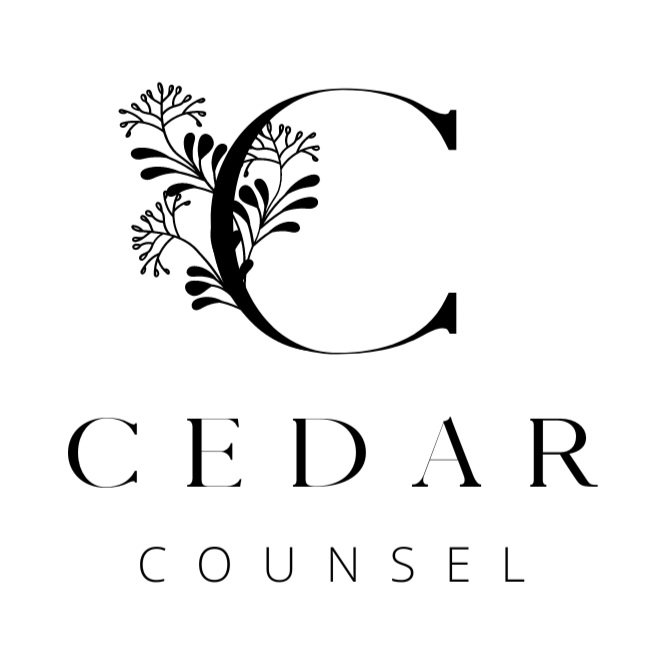Should You Add Your Child to Your Home Deed? Think Twice.
It’s natural to want to make things easier for your children, especially when it comes to passing down your home. You may have heard that adding them to your deed will help avoid probate, but this common strategy often creates more problems than it solves. I’ve seen well-meaning parents take this step, only to face unexpected financial and legal headaches down the road.
Here’s why it’s almost always a bad idea—and what to do instead.
1. Probate Problems Aren’t Always Avoided
Many people think adding a child to the deed ensures a smooth transfer of the home when they pass away. But this isn’t always the case.
If you and your child both pass away at the same time, the home still goes through probate, the legal process where the court decides how assets are distributed.
If your child is added as a tenant-in-common (rather than a joint tenant), their share of the home doesn’t automatically go to you or their siblings—it may have to go through probate.
I once saw a situation where a father added his daughter to his deed, thinking it would make things simple. When he passed, she inherited the home outright—but then she unexpectedly passed away months later. The house ended up in probate anyway, and her siblings had to spend years sorting it out.
2. Liability Risks
Additionally, when you add your child to your deed, you’re not just giving them a share of your home—you’re also exposing it to their financial and legal troubles. I once worked with a mother who added her son to her deed, only for him to later go through a messy divorce. His ex-spouse fought for a share of the home, and the mother had to spend thousands in legal fees just to keep her own property.
Other risks include:
Lawsuits – If your child is sued, their ownership in your home could be targeted.
Debt & Bankruptcy – If they rack up debt and file for bankruptcy, their creditors could claim their portion of the home.
3. Incapacity Complications
If your child becomes incapacitated due to an accident or illness, you may need court approval just to sell or refinance your own home. In Maryland, every co-owner must sign off on these transactions, and if your child is unable to do so, you could be forced into a lengthy, emotionally draining, and expensive guardianship process.
4. Property Tax Consequences
Transferring ownership of your home could trigger an increase in property taxes. Maryland has strict rules on property tax reassessments, and an ownership change—even to your own child—could lead to higher costs.
5. Other Tax Considerations
When your child is added to the deed, they inherit your original purchase price for tax purposes. This means that when they sell the home, they may owe significant capital gains taxes—something that could have been avoided if they inherited the home through proper estate planning.
Furthermore, adding your child to your deed is considered a taxable gift. This means you may have to file a gift tax return, and depending on the value of the home, it could impact your lifetime estate tax exemption.
A Better Solution: A Living Trust
Instead of adding your child to your deed, consider placing your home in a revocable living trust. This allows you to maintain control, avoid probate, minimize taxes, and protect the home from financial risks.
Estate planning is about preserving what you’ve worked hard for while protecting your loved ones. If you’re considering how to pass your home to your children, let’s create a plan that truly works for your family. Contact us today to get started.
This article is a service of Cedar Counsel. We don’t just draft documents; we ensure you make informed and empowered decisions about life and death, for yourself and the people you love.
